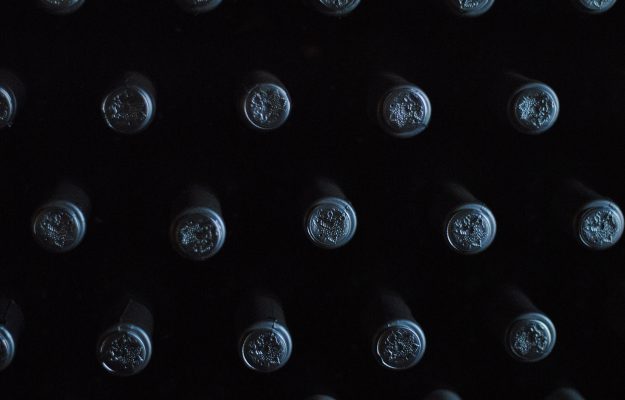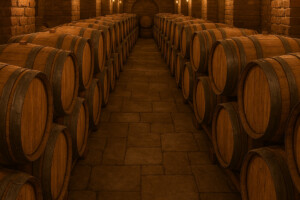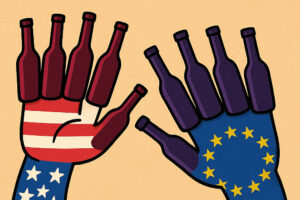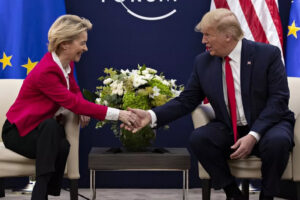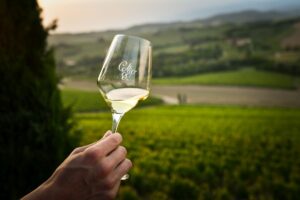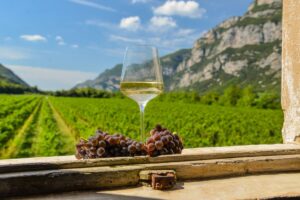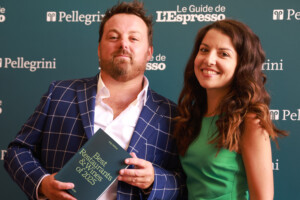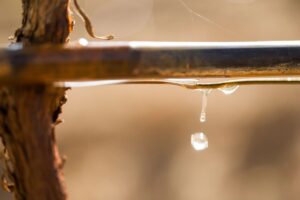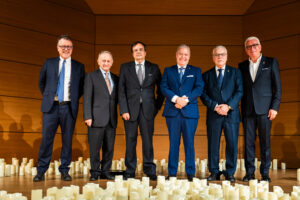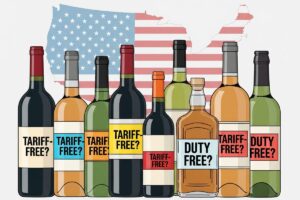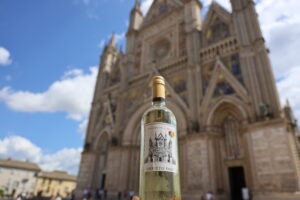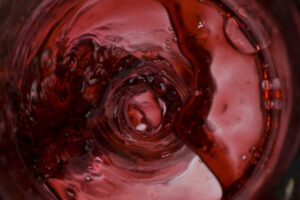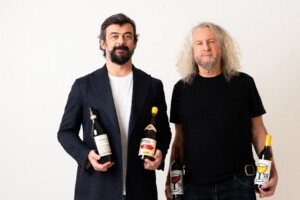The wine and food industry, a strategic sector of Made in Italy that is worth 538 billion Euros, from fields to shelves, to restaurants and on-trade, equal to 25% of GDP, after the hard months of the lockdown that, with the closure of the on-trade channels and the collapse of exports, but with sales in the large-scale distribution channel growing, is trying to re-emerge from the crisis, first sanitary and then economic, caused by the Coronavirus. And it does so with its own strength, strengthened by the market ground conquered over the years, but also with the help of the Government and the European Union, which have not lacked. “Only in the Relaunch Decree - explains the Minister of Agriculture Teresa Bellanova, today in the “Food & Made in Italy Summit”, signed by “Il Sole 24 Ore” - there are more than 1 billion euros allocated to the sector alone. For wine, we are faced with a sector that symbolizes the excellence of Italian biodiversity, which is paying dearly for this crisis. We have put two measures in place for the wine sector: one of 50 million euros to allocate part of the production that is in the cellars to distillation, and 100 million euros allocated exclusively to green harvesting, that is, to reduce production for this year, so as to support companies and not clog the market, with the risk of lowering quality and also profitability”.
Concrete measures which, however, for many players in the Italian wine sector, did not seem to be enough: “While on the one hand - says Ettore Nicoletto, vice-president of Federvini - there has been an attempt to support the supply chain, there has been very little support for the catering and hotel sector which, I would like to stress, together reached a value of 10 billion euros in 2019. There have been some regional initiatives, some very good ones, but not from the central government. And then - continued Nicoletto - we must not forget that it is not only the Coronavirus that threatens the wine sector: we still have the problem of duties in the States, a specter that is still a big unknown, even for Italy, which has returned to being at risk”.
Italian wine, undeniably in deep crisis due to the closure of the horeca channel and the reopening of the restaurant and hotellerie, however, has also been able to respond to the crisis, or at least defend itself well, as SimonPietro Felice, General Manager of Caviro, a leading player in the panorama of Italian wine cooperation, says. “Never before, as in the Covid emergency, have the Caviro Group and the Cooperative system to which it belongs - says Felice - shown such strength and solidity, confirming the validity and modernity of our 360-degree supply chain model. Customers have appreciated the continuity of supplies and the ability to adapt to their requests. The producers have experienced the resilience of their cooperative consortia and the guaranteed income. This is also thanks to the principles of circular economy and sustainability that the Caviro Group has put in place over the last 50 years: nothing is wasted here, for example, denatured alcohol, polyphenols, tartaric acid, renewable energies such as bioethanol, biomethane, noble products that can in turn produce additional income while protecting the environment”.
In any case, the policy has moved, including at European level, where the Agriculture Committee of the European Parliament has implemented several measures: the latest, announced yesterday, provides “for wine, which is one of the sectors most affected, a further expansion of European co-financing to 70% - recalled MEP Paolo De Castro, S&D Coordinator at the Agriculture Committee - as well as many other initiatives concerning the system of promotion, restructuring. But - continued De Castro - the problems remain, and the debate obviously remains open”. There will therefore always be a need to monitor the wine and food sectors. Therefore, the European Green Deal, presented by the European Commission on May 20, is also in the pipeline. “With the two strategies - explains Paolo De Castro - which are part of it, the Farm to Fork, and the Biodiversity Strategy, two strategies that will identify a series of actions, such as the reduction up to 50% of pesticides, to the reduction of fertilizers, all themes that need concrete alternatives. And the alternatives must be innovations, sustainable biotechnologies, incentives to farmers to fight climate change, but it will take time: the logic we want to act with is that of incentivizing to do, not penalizing those who do not do”.
Copyright © 2000/2025
Contatti: info@winenews.it
Seguici anche su Twitter: @WineNewsIt
Seguici anche su Facebook: @winenewsit
Questo articolo è tratto dall'archivio di WineNews - Tutti i diritti riservati - Copyright © 2000/2025










